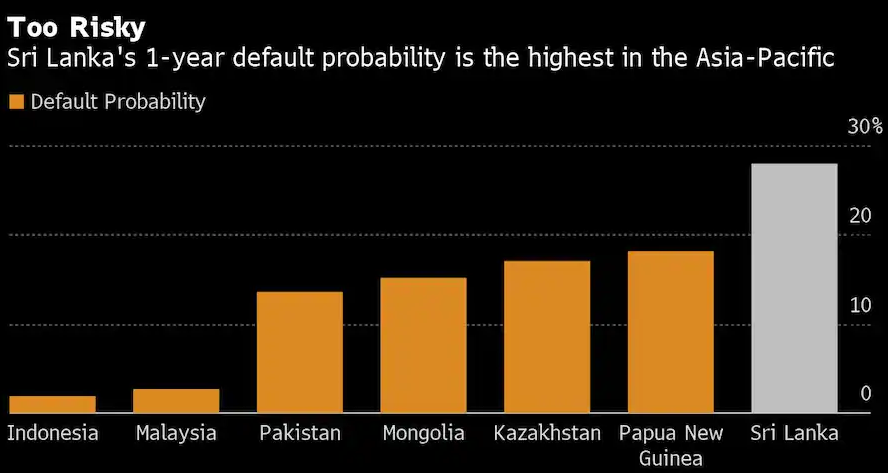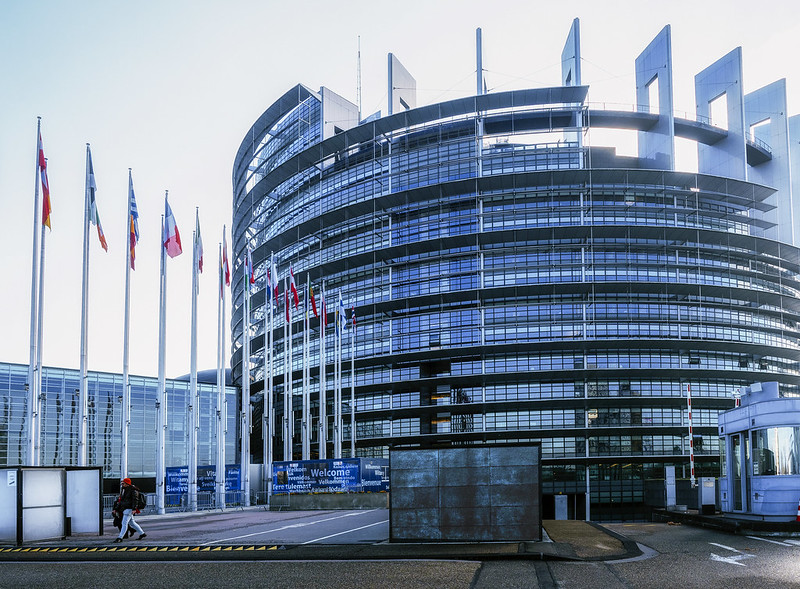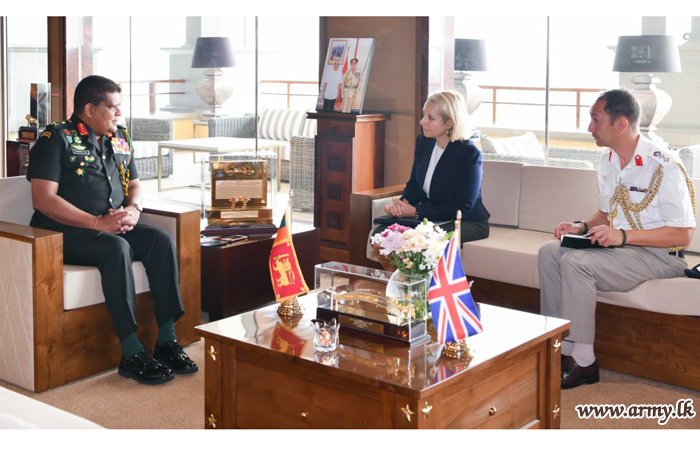Sarah Hulton, British High Commissioner in Sri Lanka reaffirms the United Kingdom's “commitment to Sri Lanka” as consultations begin on a new trade scheme, despite international concern over the deteriorating human rights situation in Sri Lanka.
The UK Developing Countries Trading Scheme (DCTS) will mean “more opportunity and less bureaucracy” in the form of lower tariffs and simpler rules when exporting to the UK. As an independent trading nation, the UK government aims to drive trade “with 70 qualifying countries including Sri Lanka.”
Hutton spoke on growing bilateral trade beyond GB1.2 billion generated in 2020 by “enabling Sri Lankan businesses to access the UK market more easily.” The UK’s International Trade Secretary Liz Truss told the Colombo Gazette, “that trade fundamentally empowers people and has done more than any single policy in history to lift millions of people around the world out of poverty.”
‘Too Risky’

The UK’s call for greater cooperation with Sri Lanka comes as international credit rating agencies as the United State’s State Department has raised severe concerns over investment potential in Sri Lanka. According to a Bloomberg model, Sri Lanka’s default probability was the highest in Asia with the organisation estimating a 27.9% chance of one-year default. Both the Fitch and Moody credit rating agencies have issued warnings on Sri Lanka, with Moody placing the island under review for a downgrade.
The US State Department’s latest report on Sri Lanka highlighted that the county’s “import regime is one of the most complex and protectionist in the world”. The report further slammed Sri Lanka highlighting issues of corruption and military take over of land and businesses across the traditional homeland of the North-East.
The EU has also slammed Sri Lanka for its “unfair” ban which prevents the outflow of foreign exchange and has led to a severe shortage in turmeric availability leading to its prices soaring and efforts to smuggle turmeric from India.
Read more here: ‘Sri Lanka’s import regime is one of the most complex and protectionist in the world’ – US State Department
Human rights violations

The UK’s new trade scheme follows a scathing EU parliamentary resolution that calls for the repeal of the favourable trading agreement, known as GSP+, with Sri Lanka. This is due to increasing attacks on civil society actors and the failure to repeal its draconian Prevention of Terrorism Act.
The loss of the GSP+ trading arrangement would have a significant impact on the country's economy as 20% of Sri Lanka's total exports are to EU countries. A further 10% are to the United Kingdom which may follow the EU's lead, warns Sri Lankan economist Sirimal Abeyratne, professor of economics at the University of Colombo.
Calls for repeal have been supported by international human rights organisations such as Human Rights Watch as well as Tamil civil society actors across Sri Lanka. Despite these calls, the UK has persisted in strengthening trade and military relationships with Sri Lanka through programmes such as the Conflict, Stability and Security Fund (CSSF) which provided funding for Sri Lanka's military and police.
The DCTS consultations will run for eight weeks and seeks to gather input from interested stakeholders in all sectors including businesses, the public, civil society groups among others.
We need your support
Sri Lanka is one of the most dangerous places in the world to be a journalist. Tamil journalists are particularly at threat, with at least 41 media workers known to have been killed by the Sri Lankan state or its paramilitaries during and after the armed conflict.
Despite the risks, our team on the ground remain committed to providing detailed and accurate reporting of developments in the Tamil homeland, across the island and around the world, as well as providing expert analysis and insight from the Tamil point of view
We need your support in keeping our journalism going. Support our work today.
For more ways to donate visit https://donate.tamilguardian.com.


